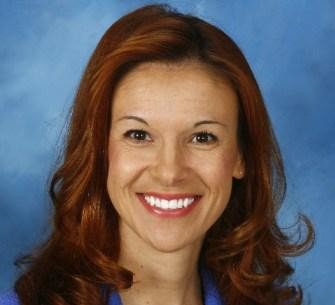Interview: ND Superintendent Wants To Find Ways To Get The Feds Out Of State Education

Earlier this week North Dakota Superintendent of Public Schools Kirsten Baesler contacted me about SCR4012 which she and Senator Howard Anderson have been working on. The resolution calls for a study into the ways the federal government is involved in education policy in North Dakota with a specific aim toward getting the federal government less involved.
From the resoltuion:
NOW, THEREFORE, BE IT RESOLVED BY THE SENATE OF NORTH DAKOTA, THE HOUSE OF REPRESENTATIVES CONCURRING THEREIN:
That the Legislative Management study the statutory and regulatory requirements placed on North Dakota schools and school districts by the United States Department of Education, determine whether there are viable options to achieve the federal government’s goals without having the federal government’s oversight and involvement, and determine whether the federal fiscal impact is a significant and necessary factor in assenting to the continuance of federal government involvement in this state’s educational process; and
BE IT FURTHER RESOLVED, that the Legislative Management report its findings and recommendations, together with any legislation required to implement the recommendations, to the Sixty-fourth Legislative Assembly
I interviewed Superintendent Baesler about this resolution and her support for it.
It’s worth noting that Baesler is also fighting to get North Dakota a waiver from the federal No Child Left Behind policies, and says her goal is more state autonomy in education. Citing recent controversy over federal school lunch standards as an example of the feds frustrating local policymakers, she is taking a federalist position on the issue, believing that the states and not the federal government ought to lead the way on policy.
By the way, I also asked Baesler about the “milkgate” controversy which erupted between Republicans and Democrats over funding for a school milk program, and she said there was a lot of “misinformation” about the program and that she hadn’t heard from anyone that the program was a priority.







